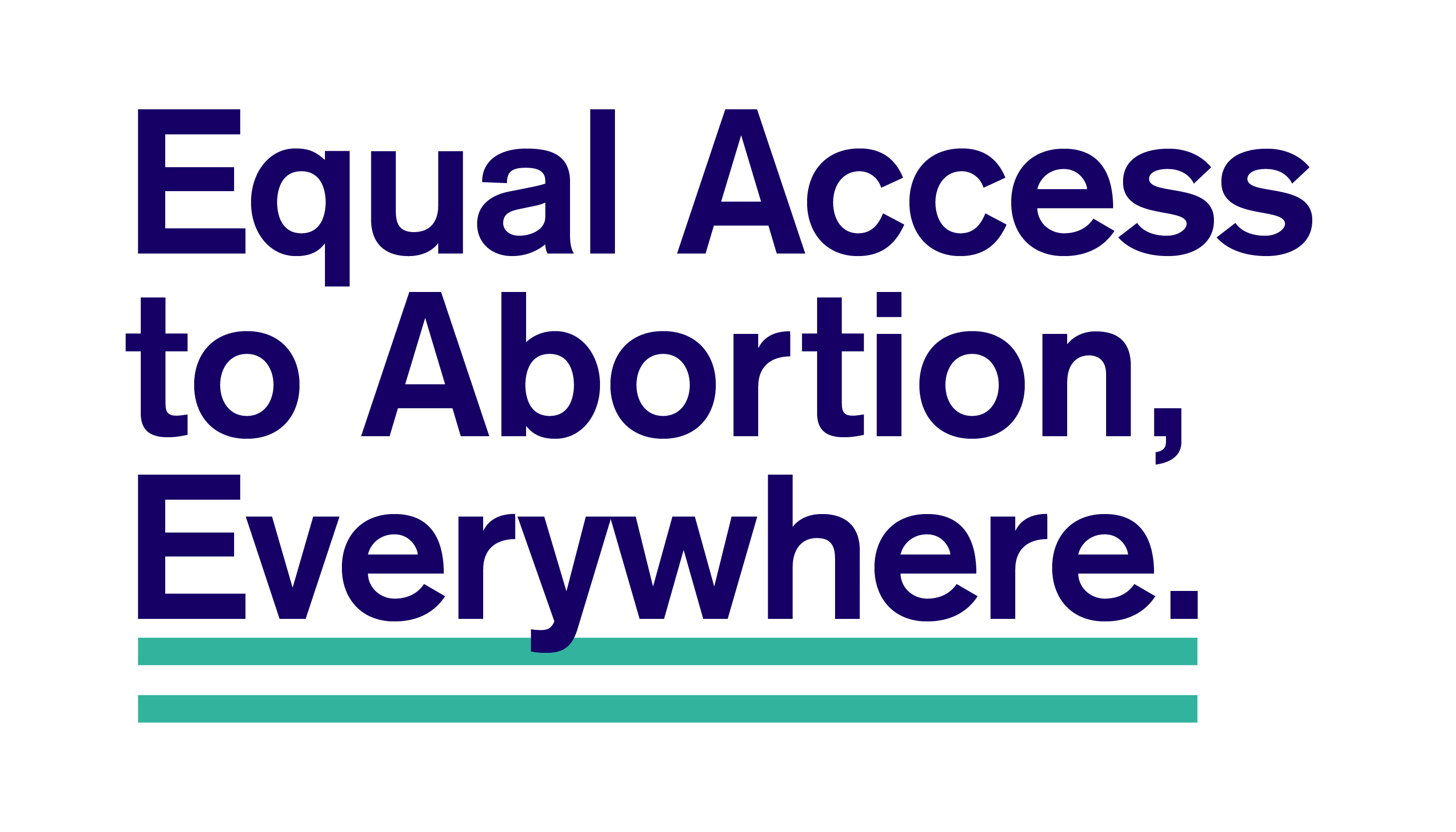The Women’s Health Protection Act (WHPA): federal legislation that will re-establish a nationwide right to access abortion care throughout the United States.
Equal access to abortion care—everywhere—is essential for social and economic equality, reproductive autonomy, and the right to determine our own lives. But anti-abortion state lawmakers have rendered abortion completely inaccessible in 14 states, leaving people in large swaths of the U.S. struggling to access essential health care.
ABORTION IS A HUMAN RIGHT – WE MUST PROTECT IT NOW.
WHPA Protects Abortion Access After Roe
WHPA protects the right to access abortion free from medically unnecessary restrictions and bans on abortion—including mandatory waiting periods, biased counseling, two-trip requirements, and mandatory ultrasounds.
WHPA would create a new statutory right for health care providers to provide abortion care, and a corresponding right for their patients to receive that care, free from bans and medically unnecessary restrictions that single out abortion and impede access.
WHPA Works Toward Reproductive, Economic, and Racial justice.
The elimination of abortion bans and restrictions is central to Reproductive Justice and the human right to maintain bodily autonomy and to live in safe and sustainable communities. People hurt most by abortion restrictions are those already facing discriminatory barriers to accessing health care—particularly Black, Indigenous, Latina/x people, Asian Americans and Pacific Islanders, and other people of color, women, and those working to make ends meet.
WHPA was reintroduced in the 118th Congress by lead sponsors Representatives Judy Chu (D-CA), Lois Frankel (D-FL), Ayanna Pressley (D-MA), and Veronica Escobar (D-TX) and Senators Tammy Baldwin (D-WI) and Richard Blumenthal (D-CT). WHPA was introduced with 206 supporters in the House and 48 in the Senate, more than in any previous Congress at introduction. See all the 118th co-sponsors in the House and Senate.
